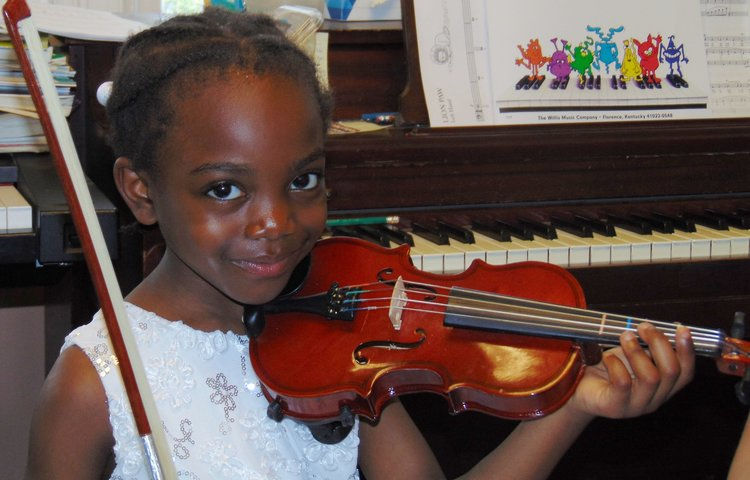The Wonderful Effects of Music on the Brains of Adult Students: 20's, 30's, 40-50's, 60-70's
- National Conservatory of the Arts
- May 5, 2023
- 2 min read
Music has many wonderful effects to offer to the person listening to it. From children to adults, music has many well-known effects with some quite surprising. Everyone in the world listens to music, that’s why it’s called as the universal language because almost anyone in the world is attracted to the sound of it.
In an attempt to find out how music affects people, many studies around the world are conducted for this purpose. All these studies show that music has many positive effects to people, from the young adults to the elderly. What are these wonderful effects of music? How it is that music makes us feel good and lifts our spirits? Let us find out the wonderful effects of music to the brains of adult students.
20’s
Music is found to have wonderful effects on the brain of the young adult. Not only does it help you express yourself and make you feel good, it’s most important effects are in the brain. The young adult years are the time when your brain cells start deteriorating and with that, you will probably suffer from minimal but some brain-related issues. At the same time, as you are in the height of your career, you are probably just dealing with a lot of stress.
However, you can combat these things by learning to play or listening to music. The effects of music would be a lot profound if you had started musical training young as you are. It will help create more neural connections and that will compensate for the brain declines you will likely suffer later in life, starting from the 20’s.
30’s
By the age of 30, your taste in music must have already matured. You probably have let go of listening to too much rock and roll, but still listen to them once and a while, and have gone on to listen to soft ballads more. Or not. Whether you listen to the same type of music or not, you can still take advantage of the many wonderful effects of listening and playing it.
The positive impact of music continues to affect you in this age range, helping you combat memory loss, brain deterioration and more. Of course, at this age, the brain decline is still quite young and the effects are not apparent yet. By just listening to music, you can combat the symptoms of brain deterioration.
40 -50’s
At the age of 40-50’s, you are supposed to already feel the signs and symptoms of brain deterioration. But if you have been an avid music player and listener, it is likely that these symptoms are not pronounced. Why? That is because of the effects of music in your brain where it helped maintain neural connections with your brain to your senses allowing you to still have quite a good cognition.
60- 70’s
People aged 60-70’s are often on the onset of brain conditions like memory loss, a difficulty pronouncing consonants and spoken words, etc. However, if you have listened, sung and played instruments in your youth this would have helped you maintain the health of your brain. The long hours of reading music and learning listening skills would be factors that boost your brain in this later life.


Comments